T4K3.news
Sanctions on Iran could be extended
E3 warns of snapback sanctions if Iran does not reengage in talks and accept a negotiated extension by August 2025.
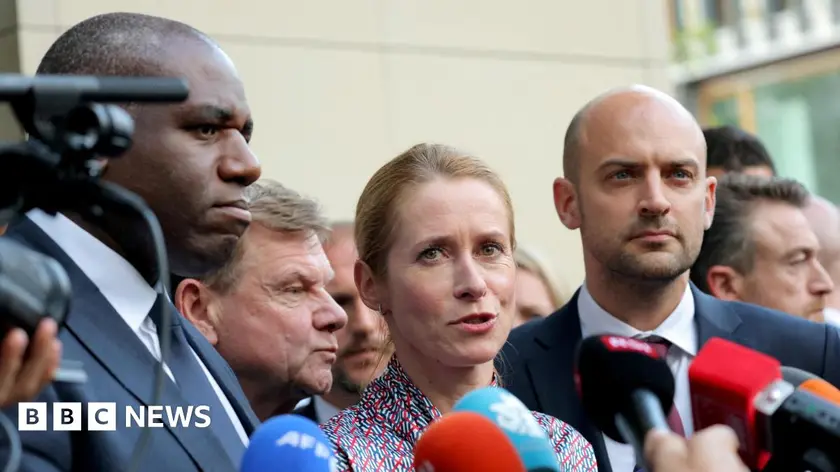
The E3 warn sanctions will return if Iran does not rejoin talks and accept a negotiated extension by a end August deadline.
E3 Plans Reimpose Sanctions on Iran Over Nuclear Programme
Three European foreign ministers from the UK, France and Germany wrote to the United Nations stating that the E3 are prepared to reimpose severe sanctions on Iran if Tehran does not re-engage in diplomacy and does not accept an extension to negotiations. The letter follows talks in Istanbul last month and says the offer to extend negotiations remains unanswered by Iran. The ministers set a clear deadline at the end of August 2025 and warn they will trigger the snapback mechanism if no diplomatic solution is reached. They also say they will use all diplomatic tools to prevent Iran from developing a nuclear weapon.
The move comes against a backdrop of long-running tensions over Iran’s nuclear programme. Iran has signalled willingness to resume talks only after sanctions are lifted and its right to a civilian programme is recognised. The 2015 nuclear deal, from which the US later withdrew in 2018, is cited as the framework for negotiations, though the deal itself is set to expire in October. The IAEA has reported uranium enriched to levels far above civilian use, and Iran’s cooperation with the agency has fluctuated amid broader regional tensions and exchanges of strikes and counterstrikes.
Key Takeaways
"We have made it clear that if Iran is not willing to reach a diplomatic solution before the end of August 2025, or does not seize the opportunity of an extension, the E3 are prepared to trigger the snapback mechanism."
Direct statement from the E3 ministers about the August deadline and snapback plan
"All diplomatic tools"
From the same letter describing the range of measures to be used
"Iran said it was prepared for further talks but only once sanctions already in place were lifted and its right to a civilian nuclear programme was agreed"
Iranian position referenced in the article
"Iran denies intending to develop a nuclear weapon"
Statement attributed to Iran regarding its aims
The E3 push uses a familiar tool in diplomacy: pressure with a deadline. By tying a new round of sanctions to a defined end date, the ministers aim to keep talks alive while signaling consequences for inaction. Yet deadlines in this context carry risk: if Iran views the extension as a precondition rather than a pathway to dialogue, the snapback could harden positions and reduce room for genuine compromise.
Analysts will watch how the policy affects Iran’s internal calculations and regional alliances. A renewed sanctions regime could rally hardliners in Tehran or push Iran toward further enrichment steps, complicating any future agreement. For European capitals, the outcome could redefine credibility with international partners and influence how the JCPOA framework is used in future diplomacy, especially given the ongoing debate over whether sanctions relief is a prerequisite for talks or a reward for progress.
Highlights
- Sanctions without talks deepen the crisis
- Time is a currency in diplomacy and it is running out
- A real extension needs real concessions not rhetoric
- Nuclear restraint is a test of trust among powers
Political sensitivity risks and potential backlash
The sanctions plan touches on high-stakes diplomacy, regional security, and economic interests. Any misstep could trigger political backlash, affect investors, and raise public scrutiny of European diplomacy with Iran.
Diplomacy is a choice even when the path is narrow and the clock is ticking.
Enjoyed this? Let your friends know!
Related News
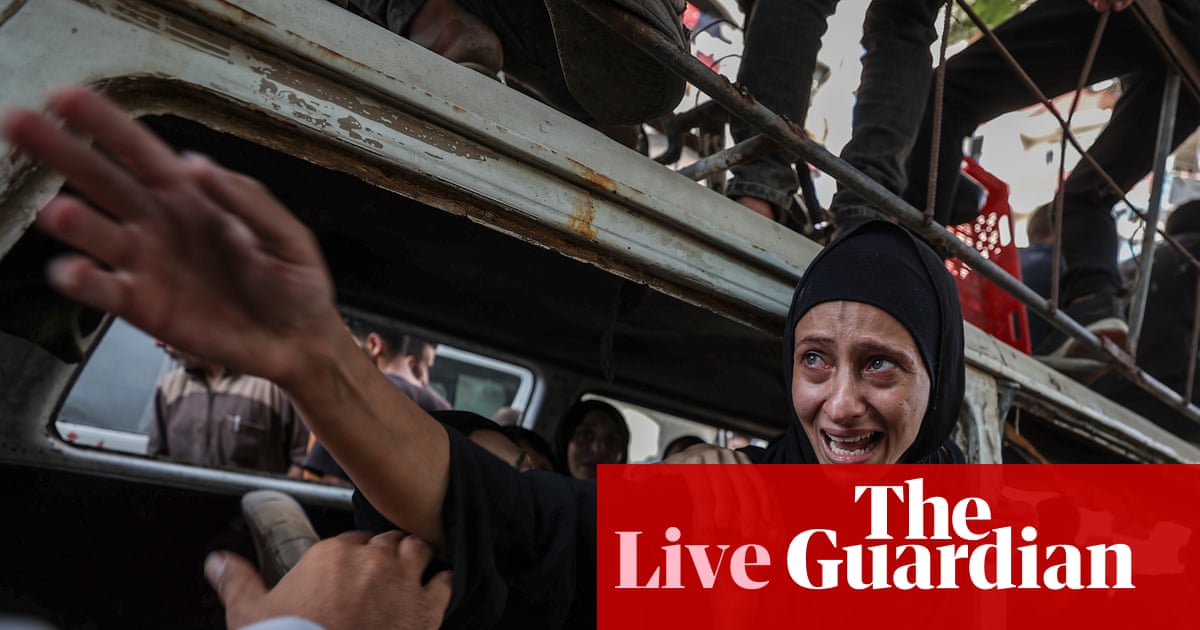
UN warns of dire hunger crisis in Gaza
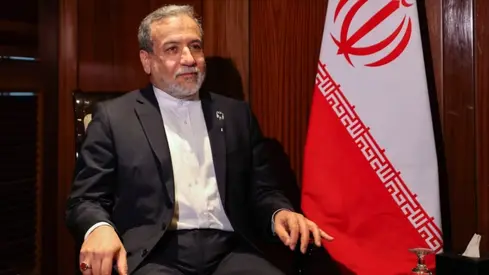
E3 warns of snapback sanctions on Iran
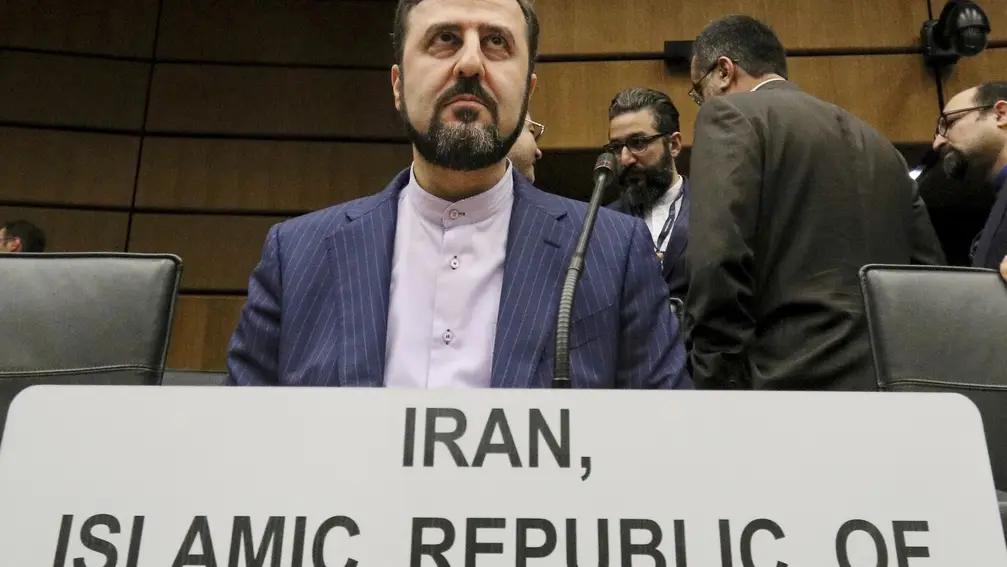
E3 warns Iran of sanctions on nuclear program
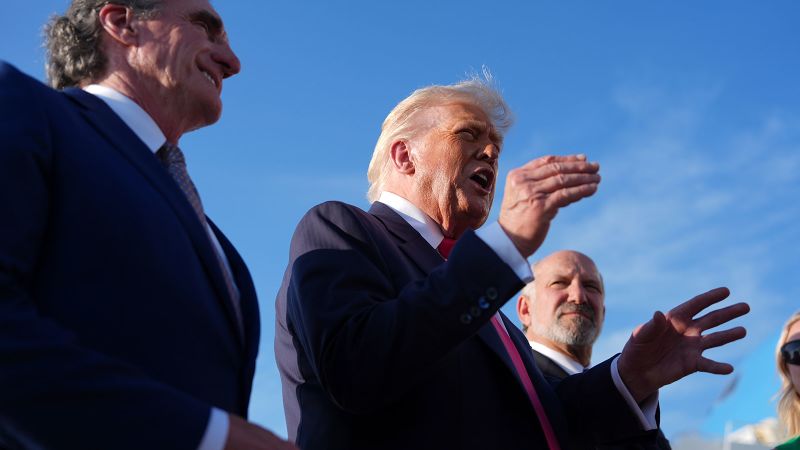
Skepticism grows over Trump’s deadline for Putin negotiations
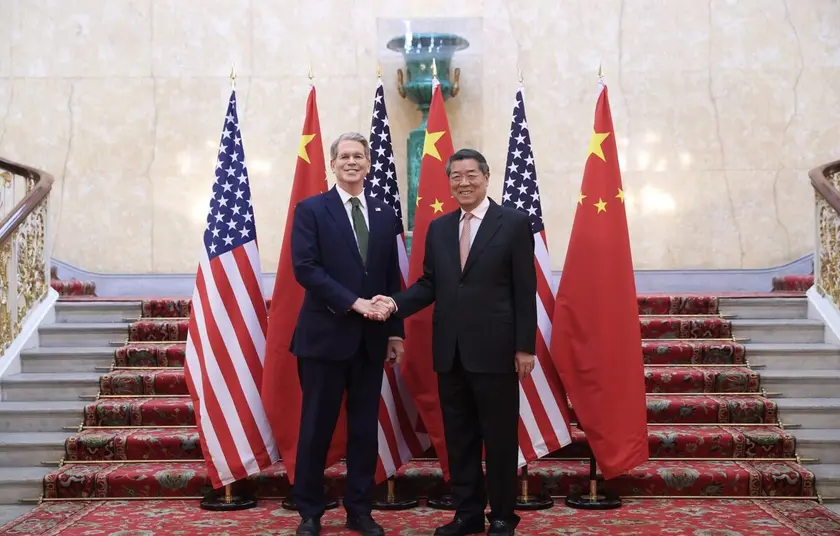
US and China Negotiators Meet in Stockholm
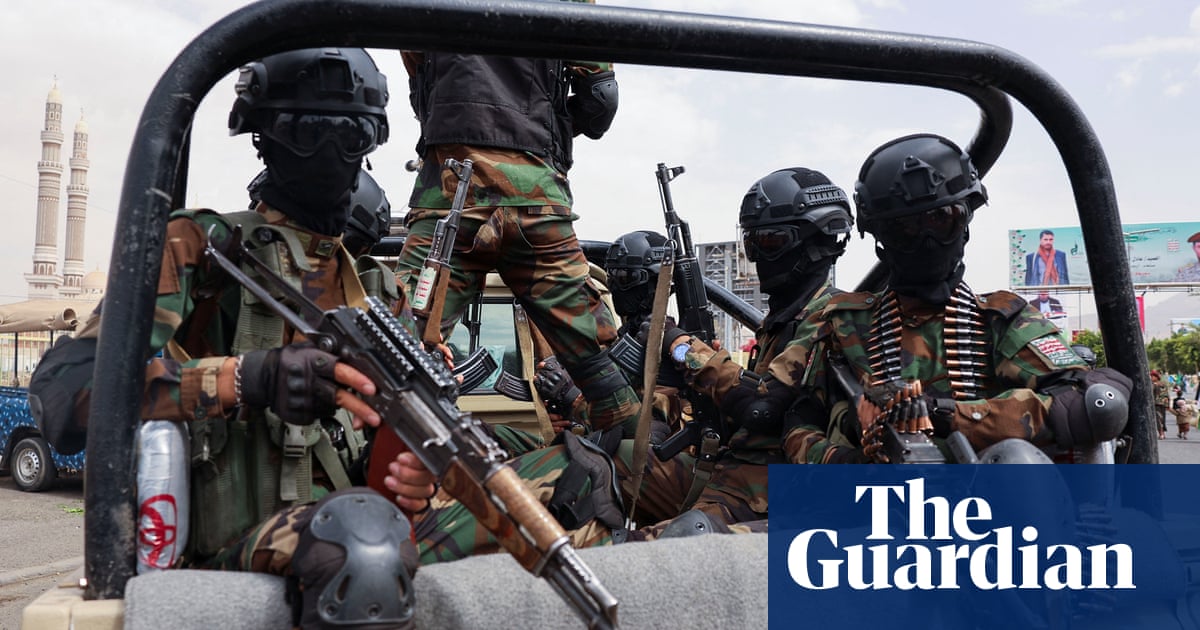
Houthi arms dealers found selling on social media
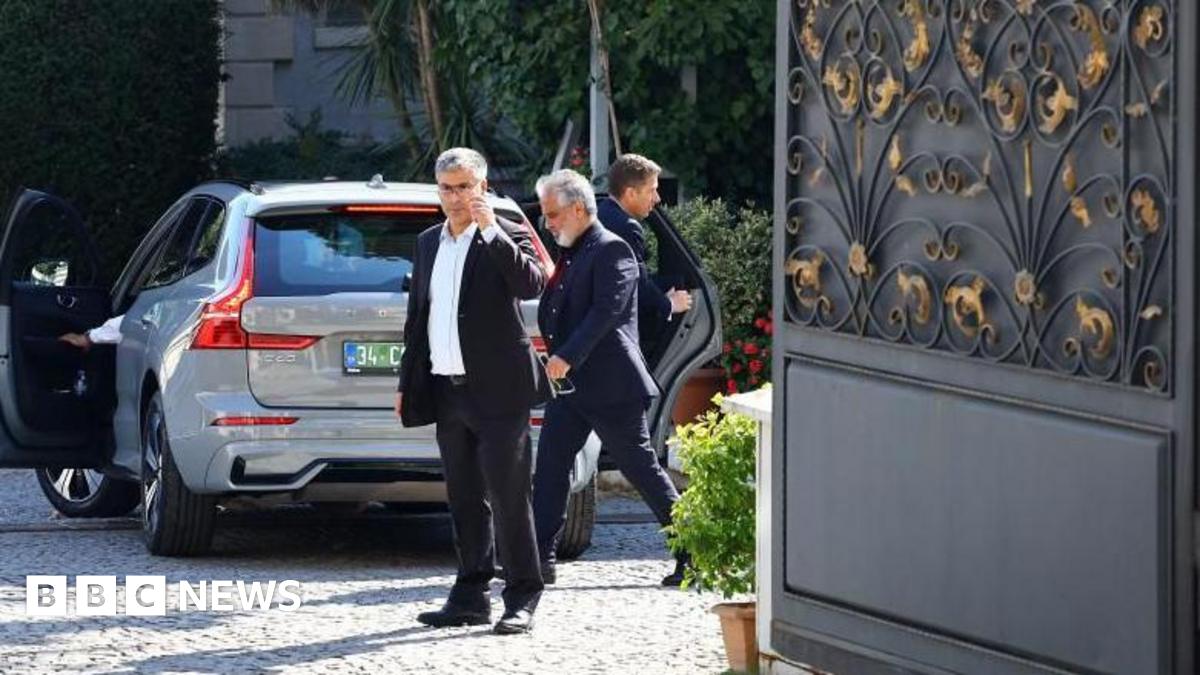
Iran begins new nuclear talks with Europe

E3 Demands Iran Restart Talks on Nuclear Deal
